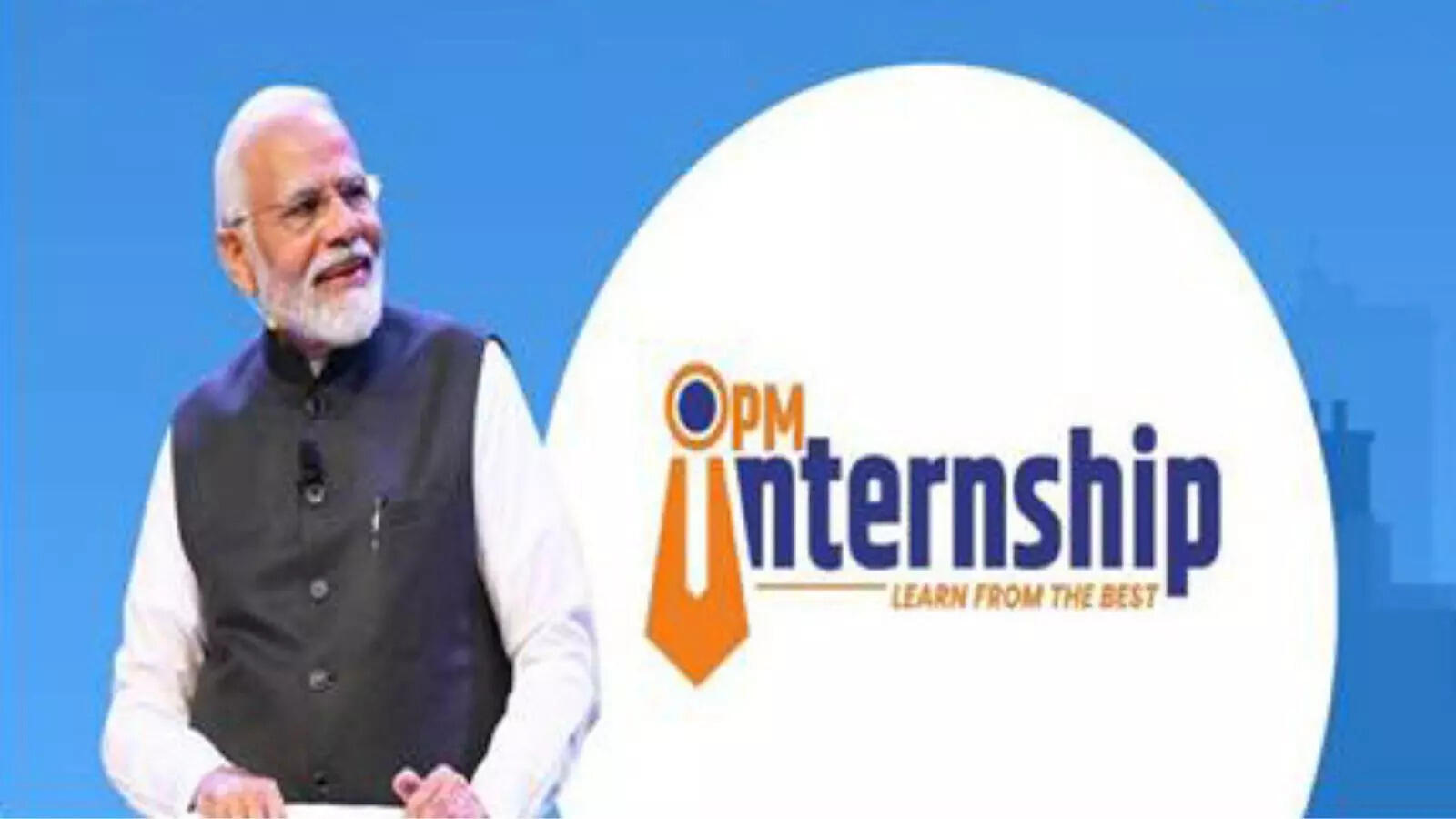PM Internship Scheme 2025: 8,700 Join Round 1, Path To 1 Crore Internships
The Prime Minister’s Internship Scheme (PMIS) is an ambitious initiative with a vision to create one crore internship opportunities for young Indians over the next five years. Designed to bridge the gap between education and employment, the scheme aims to provide practical exposure, mentorship, and structured training. It began with the top 500 companies in India, creating pathways for students to gain real-world experience and develop critical workplace skills.
The first pilot round saw remarkable participation. Over 1.27 lakh internship positions were posted, with 1.8 lakh applications received. Approximately 82,000 offers were made, more than 28,000 accepted, and ultimately around 8,700 interns joined organisations across the country. Round 2 is already underway, with even higher numbers of positions and applicants, indicating both strong demand from students and willingness from government and corporate stakeholders to participate.
This scheme is a potential gamechanger for India. Given the country’s young population, there is a pressing need to create formal pathways to employment and entrepreneurship. Internships under PMIS are not just learning opportunities, they are confidence-building experiences. For first-generation learners from villages or small towns, working in a corporate office or modern manufacturing unit can be transformational, offering exposure that is otherwise rare. With structured training formats, mentoring, and hand-holding, these internships can instil skills, confidence, and professional understanding.
However, there are challenges. Many interns face financial constraints, including relocation, travel, and living costs, which may require parental support. Distance and safety, especially for young women, are additional barriers. Initiatives like discounted travel fares, low-cost safe housing, and structured mentorship programs could improve access. Inbuilt employee “buddy” systems and micro-credentials certifying new competencies can also reassure both students and parents, even if not every internship converts directly into a job.
The scheme’s pilot phase provides valuable insights. Studying the experiences of students who joined versus those who could not can help identify enabling factors, such as housing support, mentorship, or clear post-internship pathways. Similarly, companies can share best practices on onboarding, training, and mentorship, forming a community of practice to standardise outcomes and ensure every intern gains recognised skills.
Looking ahead, expanding the programme beyond the top 500 companies is crucial. Local MSMEs, supported by NGOs, could host smaller batches closer to students’ homes, reducing costs and enabling greater participation, especially among young women. Aligning employment exchanges, chambers of commerce, and job fairs around the scheme could create a continuous loop from internships to jobs, entrepreneurship, or further training. Monitoring the life-cycle of interns post-completion, tracking how many move into meaningful employment or entrepreneurship would help refine training and mentoring strategies.
The PM Internship Scheme has already demonstrated the positive intent of government and corporates and the keen interest of lakhs of students. By acting as a bridge from aspiration to achievement, the scheme can empower individuals, create role models, and strengthen the fabric of India’s economic future.

The first pilot round saw remarkable participation. Over 1.27 lakh internship positions were posted, with 1.8 lakh applications received. Approximately 82,000 offers were made, more than 28,000 accepted, and ultimately around 8,700 interns joined organisations across the country. Round 2 is already underway, with even higher numbers of positions and applicants, indicating both strong demand from students and willingness from government and corporate stakeholders to participate.
This scheme is a potential gamechanger for India. Given the country’s young population, there is a pressing need to create formal pathways to employment and entrepreneurship. Internships under PMIS are not just learning opportunities, they are confidence-building experiences. For first-generation learners from villages or small towns, working in a corporate office or modern manufacturing unit can be transformational, offering exposure that is otherwise rare. With structured training formats, mentoring, and hand-holding, these internships can instil skills, confidence, and professional understanding.
However, there are challenges. Many interns face financial constraints, including relocation, travel, and living costs, which may require parental support. Distance and safety, especially for young women, are additional barriers. Initiatives like discounted travel fares, low-cost safe housing, and structured mentorship programs could improve access. Inbuilt employee “buddy” systems and micro-credentials certifying new competencies can also reassure both students and parents, even if not every internship converts directly into a job.
The scheme’s pilot phase provides valuable insights. Studying the experiences of students who joined versus those who could not can help identify enabling factors, such as housing support, mentorship, or clear post-internship pathways. Similarly, companies can share best practices on onboarding, training, and mentorship, forming a community of practice to standardise outcomes and ensure every intern gains recognised skills.
Looking ahead, expanding the programme beyond the top 500 companies is crucial. Local MSMEs, supported by NGOs, could host smaller batches closer to students’ homes, reducing costs and enabling greater participation, especially among young women. Aligning employment exchanges, chambers of commerce, and job fairs around the scheme could create a continuous loop from internships to jobs, entrepreneurship, or further training. Monitoring the life-cycle of interns post-completion, tracking how many move into meaningful employment or entrepreneurship would help refine training and mentoring strategies.
The PM Internship Scheme has already demonstrated the positive intent of government and corporates and the keen interest of lakhs of students. By acting as a bridge from aspiration to achievement, the scheme can empower individuals, create role models, and strengthen the fabric of India’s economic future.
Next Story